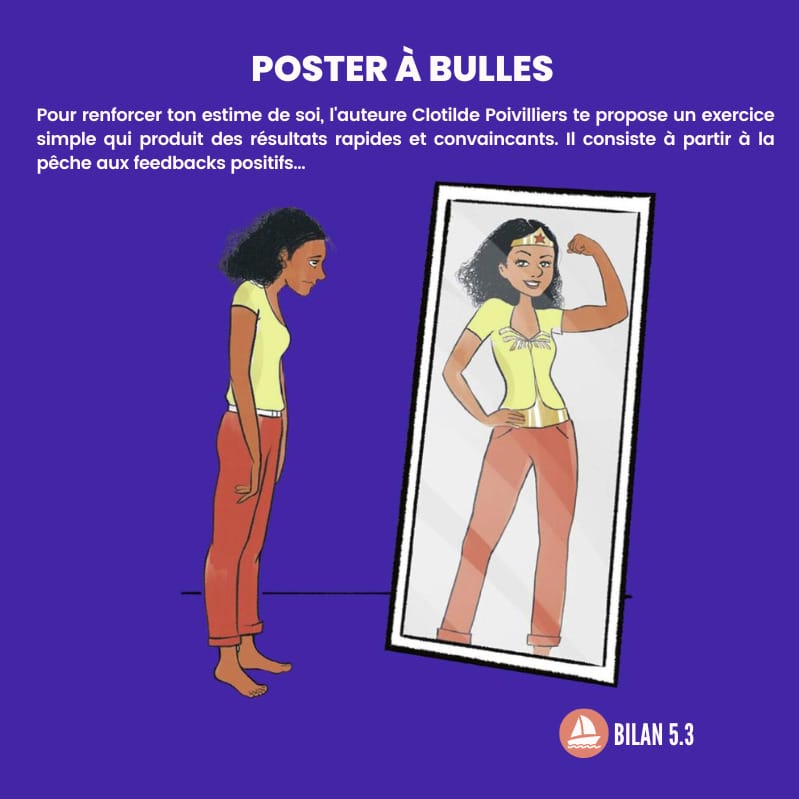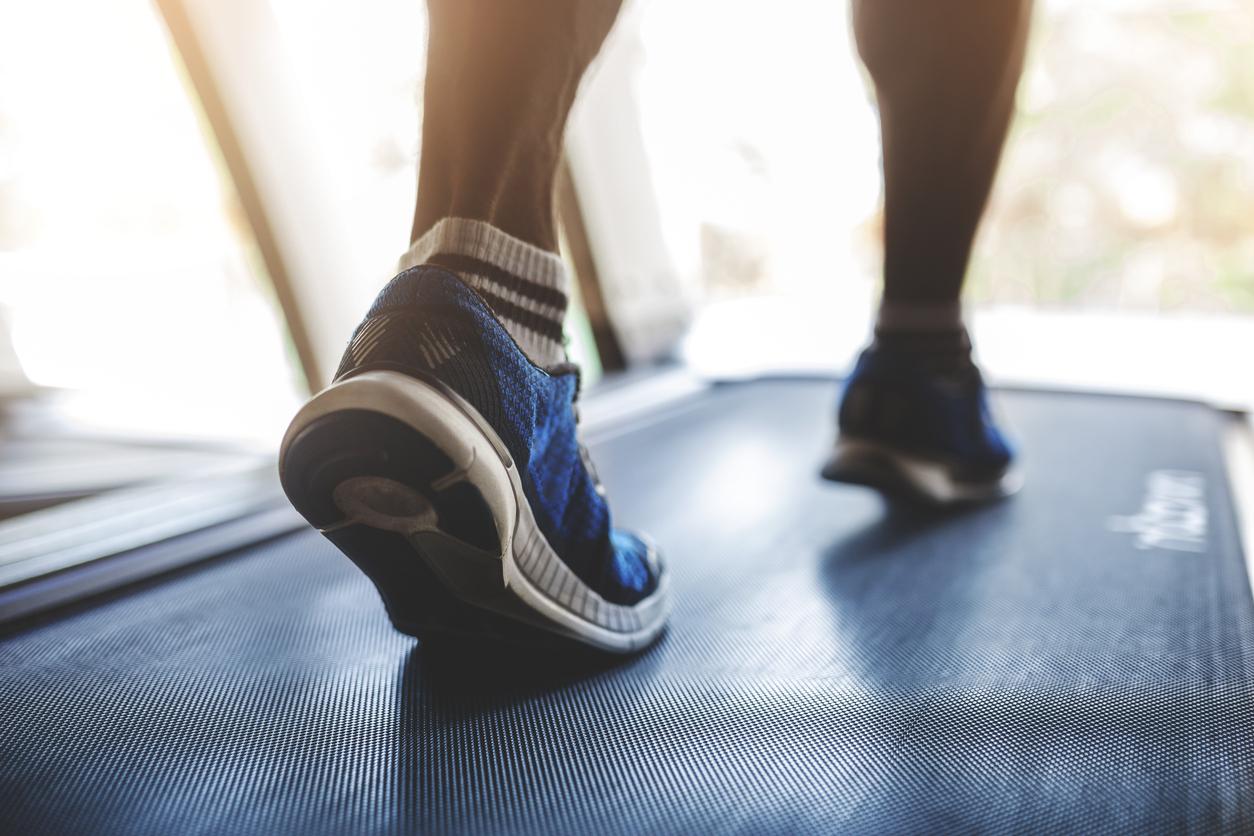One hour of weekly physical activity would reduce the risk of depression, according to results of a study published in the American Journal of Psychiatry.
Researchers from the Black Dog Institute (Australia) used data from the Nord-Trøndelag County Health Study (HUNT Study) – one of the largest and most comprehensive demographic health surveys ever undertaken – conducted between January 1984 and June 1997. They conducted a study with 33,908 Norwegian adults for whom their levels of physical activity and depression were monitored for 11 years.
Participants reported the frequency and intensity of the physical exercise in which they participated. They also completed a self-report questionnaire to indicate any anxiety or form of depression.
The results showed that people who reported not exercising had a 44% increased risk of developing depression compared to those who exercised one to two hours per week.
“We have known for some time that exercise has a role to play in treating the symptoms of depression, but this is the first time that we have been able to quantify the preventative potential of physical activity in terms of reducing future levels of depression, ”explained Associate Professor Samuel Harvey of the Black Dog Institute, lead author of the study.
“These findings highlight the great potential of exercise in individual mental health plans and public health campaigns. If we can find ways to increase the level of physical activity in the population, even if it does. is insignificant, it is likely to result in significant physical and mental health benefits “.
France is not moving
These conclusions should alert French women who, according to the latest results of the Esteban survey conducted by Public Health France, are increasingly sedentary. It has indeed revealed that 22% of women have a high level of sedentary lifestyle and a low level of physical activity against 17% of men. Only 53% of women meet the World Health Organization’s recommendations for physical activity, compared to 70% of men.
Read also:
A new antidepressant: the climbing wall
Childhood depression: sport to reduce the risk
Sport and meditation: the ideal combination to overcome depression















